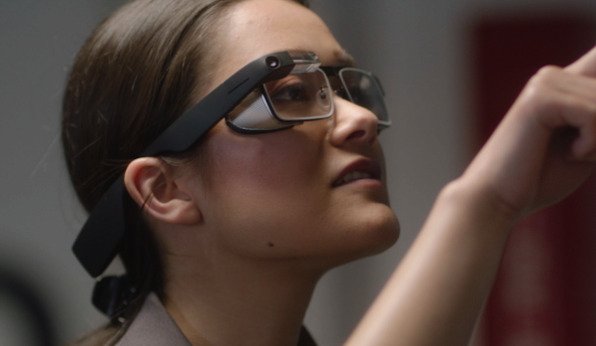Google is notorious for launching new efforts and then shuttering them relatively soon after, and apparently, the company's lack of commitment may have led to one Senior Director's departure.
In 2023 alone, Google ended support for various services and products. At the tail end of 2022, Stadia became one of the darker shadows on the company's habit, with Google ending its cloud gaming service before it reached its fifth birthday.
Due to "recent changes" in leadership revolving around Google's augmented reality efforts, along with Google's "unstable commitment and vision," Mark Lucovsky has confirmed he is leaving his position at the company. Lucovsky was formerly the Senior Director of Engineering responsible for "OS and Software Platform for AR and XR devices."
I have decided to step away from my role at Google, where I was Senior Director of Engineering, responsible for OS and Software Platform for AR and XR devices. The recent changes in AR leadership and Google's unstable commitment and vision have weighed heavily on my decision.
— mark lucovsky (@marklucovsky) July 10, 2023
Google has been working in the augmented reality sphere for quite some time, with its first Google Glass product seeing the light of day in 2013. Google ended consumer sales in 2015. And in 2023, the company ended sales for enterprise customers as well, after bringing the product back in 2017.
And while Google never officially announced a new pair of augmented reality glasses, there were rumors the company was working on a "Project Iris" that may have competed with Apple's new Apple Vision Pro headset. That project was also reportedly canceled in early 2023.
Project Iris's cancellation was apparently due to several factors, including Google's inability to come to terms with an actual goal or design, leading the team behind the project to keep changing gears. Plus, the departure of Clay Favor, who had led Google's AR efforts up to that point and had been with the company for nearly 20 years, did not help.
Lucovsky's departure is yet another sign that Google can't quite make up its mind on what to prioritize. Back in 2019, Google was canceling tablet products as the iPad continued to dominate the market — and yet now a Pixel Tablet exists just a few years later.
It isn't clear what Google's plans for AR or VR products will be going forward.
 Evan Selleck
Evan Selleck







-m.jpg)






 Andrew Orr
Andrew Orr
 Wesley Hilliard
Wesley Hilliard

 Oliver Haslam
Oliver Haslam
 Christine McKee
Christine McKee
 Amber Neely
Amber Neely










5 Comments
There’s very little serious leadership at the top at Google — just a bunch of way-overpaid execs that want to chase whatever’s hot and drop whatever’s not. Products and services are just supposed to “catch fire” on their own with the public — there’s no patience to invest and lead the public towards a vision, because there isn’t one.
Interesting. At the moment only Apple has the cash to keep Vision Pro going on forever like how Apple Car project does.
Until Google can physically get their hands on the Apple Vision Pro, they don’t know quite what to copy yet, the same applies to Samsung…. both are stuck until the middle of next year. Also the R1 chip in particular is beyond their pay grade they don’t know what to make of it.
After all, how much memory does that M2 chip have (capable of 24 gigs) or the R1 chip? What is the total memory capacity of the device? Is it equipped with a solid-state drive
Oh, I remember the barge. Apparently, Google doesn't. So they keep cranking out these metaphorical barges.